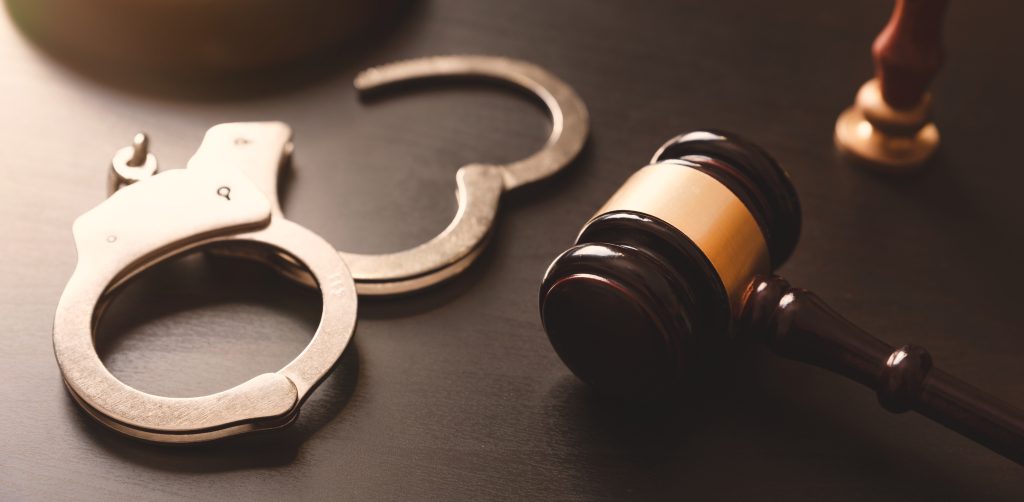Florida law categorizes controlled substances into different schedules based on their potential for abuse, accepted medical use, and the severity of potential dependence. The schedules range from Schedule I to Schedule V, with Schedule I substances being considered the most dangerous and Schedule V substances having the lowest potential for abuse. Your Tampa drug defense lawyer will understand that each schedule has its own defense strategy needs, as different punishments vary in severity based on the schedule degree.
Schedule I: This category includes drugs with a high potential for abuse and no accepted medical use in treatment in the United States. Examples of Schedule I substances include heroin, LSD, MDMA (ecstasy), and marijuana (although there are exceptions for medical marijuana).
Schedule II: These substances have a high potential for abuse but may have accepted medical uses with severe restrictions. They can lead to severe physical or psychological dependence. Examples of Schedule II drugs include cocaine, methamphetamine, oxycodone, fentanyl, and morphine.
Schedule III: This schedule includes substances that have a lower potential for abuse than Schedule I or II drugs and has accepted medical uses. Abuse of Schedule III substances can lead to moderate or low physical dependence or high psychological dependence. Examples include certain steroids, ketamine, and hydrocodone.
Schedule IV: These substances have a lower potential for abuse than Schedule III drugs, limited risk of physical or psychological dependence, and accepted medical uses. Examples of Schedule IV drugs include benzodiazepines (such as diazepam and alprazolam), zolpidem, and tramadol.
Schedule V: This is the least restrictive schedule and contains substances with the lowest potential for abuse. They have accepted medical uses and limited risk of dependence, both physically and psychologically. Examples include cough preparations with codeine, over-the-counter medications containing low doses of certain opioids, and certain anti-diarrheal medications.
If you have been charged with drug trafficking, you must immediately seek out professional legal guidance from an experienced drug trafficking defense attorney. The Rickman Law Firm boasts decades of experience in defending individuals unjustly, falsely accused of trafficking.
Understand the Charges
Drug trafficking charges involve the illegal manufacturing, distribution, sale, or transportation of controlled substances. When you are charged with drug trafficking, it means the authorities believe you were involved in a criminal operation related to controlled substances. Take the time to thoroughly understand the specific charges brought against you, the penalties associated with them, and the elements that the prosecution must prove.
Seek Legal Representation
When facing drug trafficking charges, it is crucial to secure the services of an experienced drug trafficking defense attorney. A skilled attorney will guide you through the complex legal process, protect your rights, and build a strong defense strategy tailored to your case. They will review the evidence, investigate any potential violations of your constitutional rights, and advocate on your behalf.
Exercise Your Right to Remain Silent
Once you have been charged, it is essential to remember that you have the right to remain silent. Avoid making any statements to the police or other authorities without your attorney present. Anything you say may be used against you, so it is crucial to consult with your attorney before providing any information.
Gather Evidence and Preserve Documentation
Work closely with your attorney to gather any evidence that may support your defense. This may include witness statements, surveillance footage, expert testimony, or other relevant documentation. Preserve any records or communications that may be crucial to your case, such as emails, phone records, or financial statements.
